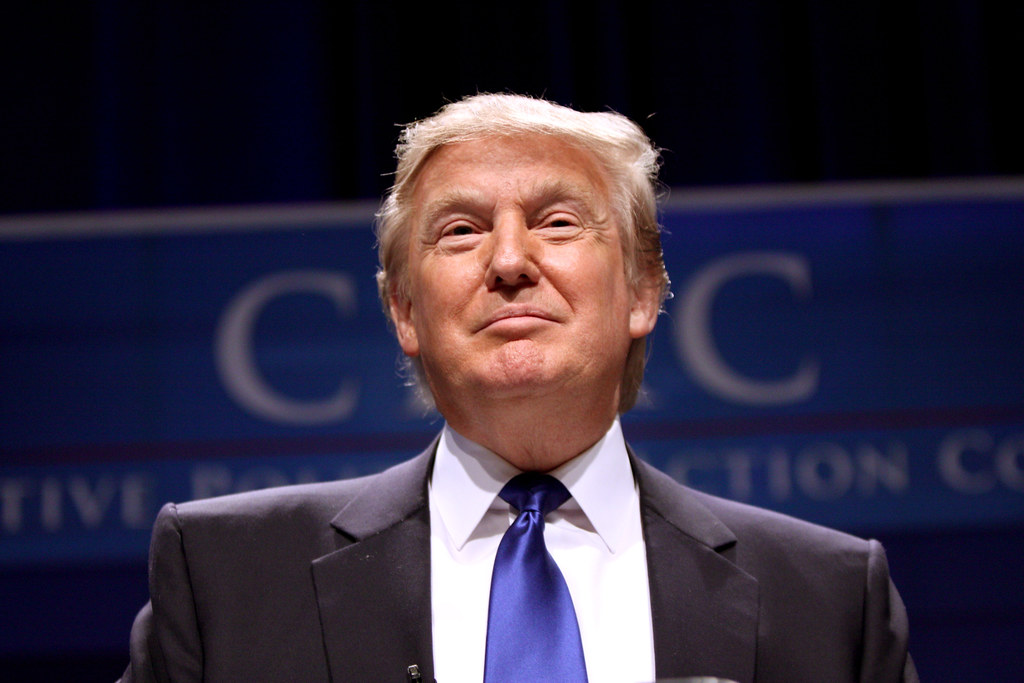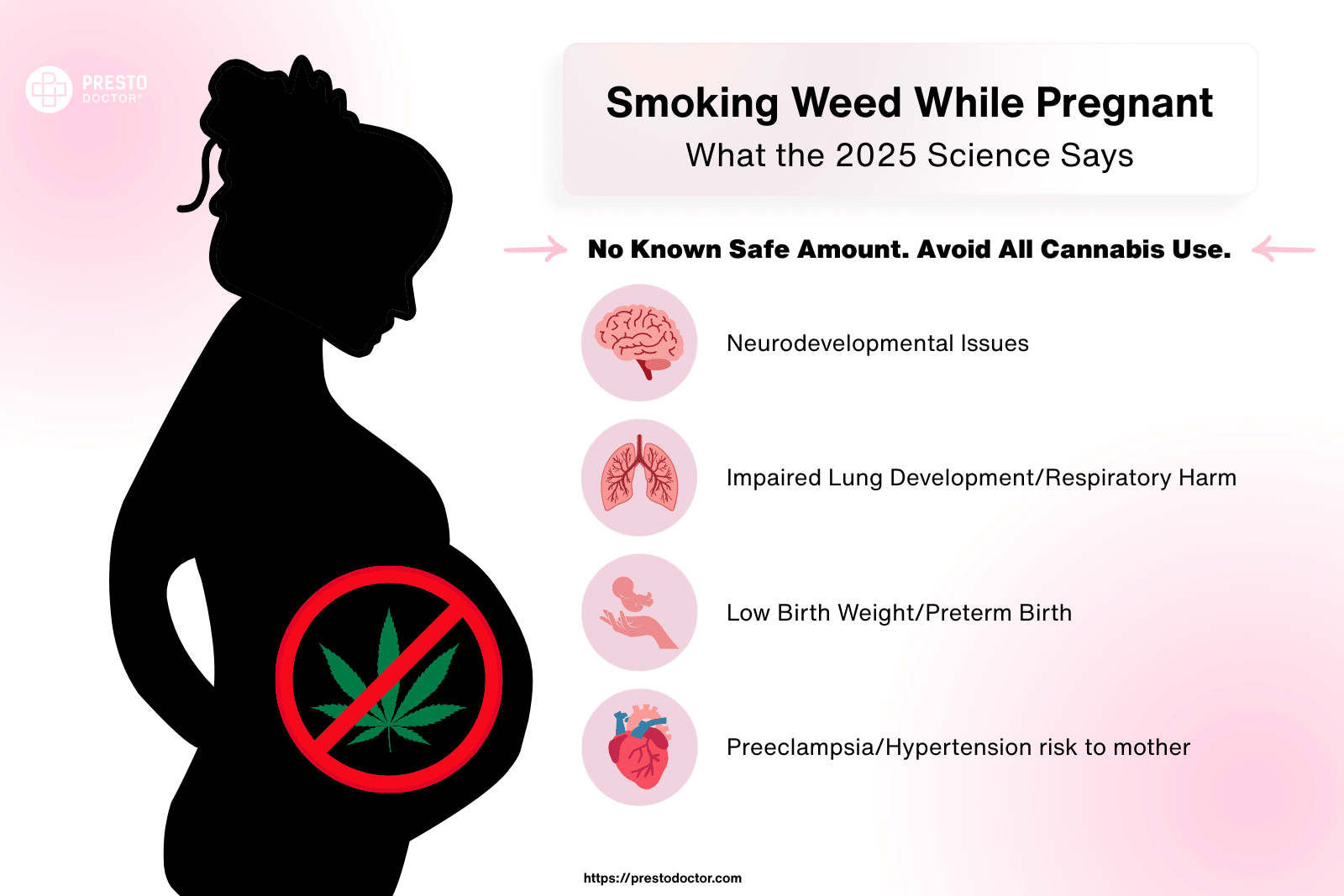
The intersection of cannabis legalization and gun rights is at the forefront of a pivotal legal battle in the United States. The federal gun ban for marijuana users is facing a challenge in a landmark case that could reshape how the law interprets Second Amendment rights in the context of cannabis use. This case, stemming from Oklahoma, addresses critical issues such as public safety, federal marijuana laws, and gun ownership regulations. With the topic of marijuana legalization increasingly coming to head, the debates surrounding marijuana firearm prohibition and relative gun debates surrounding it will likely intensify.
This comprehensive guide explores the federal marijuana firearm prohibition debate, analyzing the historical, legal, and societal dimensions of this controversial topic.
Background of the Case: Guns, Marijuana, and the Constitution
In 2022, Jared Michael Harrison was arrested in Oklahoma for possessing cannabis and a handgun. His case became a flashpoint in the debate over the gun ban for marijuana users. A federal district court ruled the ban unconstitutional under the Second Amendment, but the Department of Justice (DOJ) is appealing this decision. The DOJ argues that the law targets “presumptively risky” individuals, including cannabis users, who pose potential public safety risks.
Government’s Argument: Historical Precedents and Public Safety
The DOJ contends that the federal marijuana firearm prohibition aligns with historical efforts to disarm groups considered dangerous, such as the mentally ill or intoxicated individuals. They argue that “guns and drugs are a dangerous combination,” justifying restrictions on firearm ownership for cannabis users to prevent societal harm. The gun ban for marijuana users reflects Congress’s intent to prioritize public safety by regulating access to firearms among “risky” individuals.
Defense Arguments: Overreach and the Limits of the Law
Harrison’s defense pushes back, emphasizing the ban’s overreach. The defense asserts that equating marijuana users with disarmed groups like felons lacks a rational basis, especially in states where cannabis is legal. Furthermore, Harrison was not intoxicated when found with the firearm, challenging the notion that cannabis users inherently pose a risk to public safety.
State Policies on Marijuana and Gun Ownership
The conflict between federal laws and state marijuana policies is a central issue. In states like Colorado and Pennsylvania, where cannabis is legal for medical or recreational use, many citizens face federal restrictions that prevent them from owning firearms. States are exploring legislative solutions to address this conflict, further complicating the marijuana gun ban debate.
Insights from Legal Experts
Legal scholars highlight the implications of the marijuana and Second Amendment rights conflict. “This case could redefine how courts balance state legalization with federal restrictions,” says a constitutional expert. Cannabis advocates argue that the stigma surrounding marijuana users also skews public perception. Therefore, making it harder to challenge restrictive laws like the gun ban for cannabis users.
Impact on Key Groups: Veterans, Patients, and Rural Residents
The federal marijuana firearm prohibition disproportionately affects veterans, medical cannabis patients, and also rural communities. Veterans often rely on cannabis for PTSD relief, while rural residents use firearms for self-defense and hunting. The ban places these groups in a precarious position. It forces them to choose between legally using cannabis and retaining their gun rights.
Historical Context Beyond Disarmament
The DOJ cites historical laws that disarmed certain groups as justification for the gun ban for marijuana users. Critics, however, argue that the Second Amendment was designed to prevent such overreach. They point out inconsistencies, such as the lack of a blanket firearm ban for alcohol users, despite its proven risks when paired with gun use.
Public Sentiment and Changing Perceptions
Public attitudes toward marijuana have shifted dramatically in recent years. Polls show widespread support for cannabis legalization, raising questions about whether the federal marijuana firearm prohibition reflects modern societal values. As stigma diminishes, the case could become a turning point for aligning federal laws with public opinion.
Potential Changes to Federal Policy
If the appeals court rules against the DOJ, Congress may face pressure to reconsider federal marijuana and firearm laws. Advocates for reform suggest that rescheduling or descheduling marijuana under the Controlled Substances Act could eliminate the legal contradiction at the heart of the marijuana and gun rights debate.
Comparative Case Studies: Global Perspectives
Internationally, countries like Canada and also Uruguay offer models for integrating legal cannabis use with firearm ownership rights. These systems demonstrate how public safety can coexist together with policies that respect individual rights. Additionally, it provides valuable insights for the ongoing marijuana gun ban debate in the U.S.
Practical Advice for Cannabis Users
For cannabis users navigating the federal marijuana firearm prohibition, legal caution is essential. Even in states where marijuana is legal, federal law prohibits firearm ownership for anyone deemed an “unlawful user” of a controlled substance. Additionally, consulting with legal experts can help individuals understand their rights and avoid violations.
Conclusion: Balancing Rights and Regulation
The federal challenge to the gun ban for marijuana users highlights a critical crossroads in U.S. law. Courts must balance constitutional rights in addition to public safety. However, this task is made more complex by the evolving landscape of cannabis legalization. The outcome of this case could set a precedent, reshaping not only Second Amendment rights but also the broader relationship between state and federal policies on cannabis.
Frequently Asked Questions (FAQs)
1. Can medical marijuana patients own guns under federal law?
No, federal law prohibits anyone classified as an unlawful drug user, including medical marijuana patients, from owning firearms.
2. Why does the DOJ oppose marijuana users owning guns?
The DOJ argues that cannabis users pose risks similar to historically disarmed groups, such as the mentally ill or intoxicated individuals.
3. What is the significance of Section 922(g)(3)?
Section 922(g)(3) is the federal statute that prevents unlawful drug users, including cannabis consumers, from possessing firearms.
4. How might this case impact marijuana legalization?
A ruling against the DOJ could increase pressure to reconcile federal marijuana laws with state policies, potentially leading to rescheduling cannabis.
5. What are the broader implications of this case?
This case could redefine the relationship between cannabis legalization and Second Amendment rights, influencing future policies on firearms and substance use.






